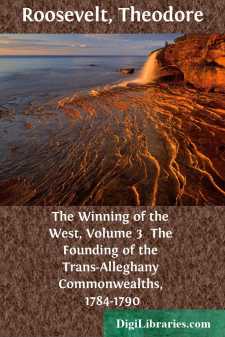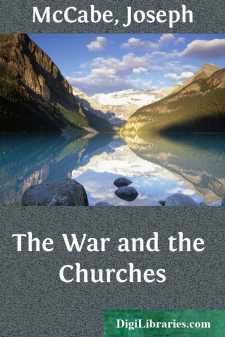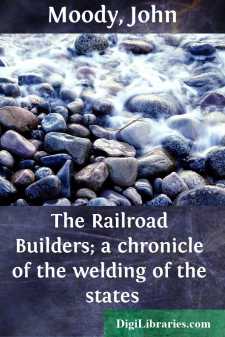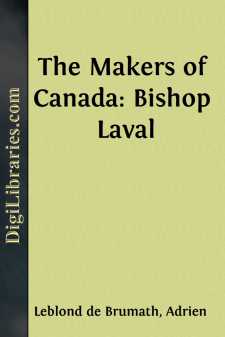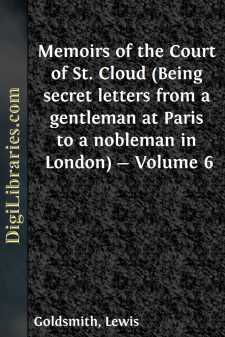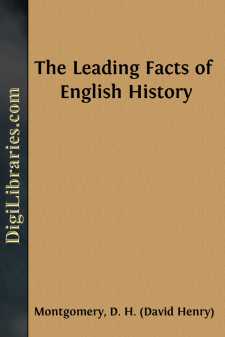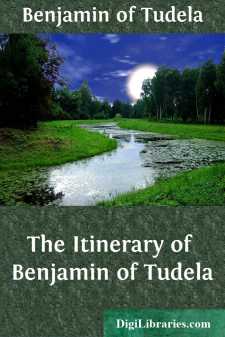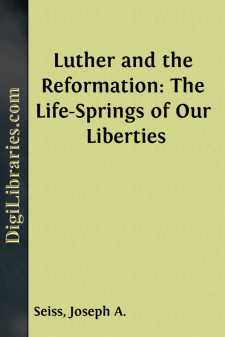History
- Africa 30
- Americas (North Central South West Indies) 50
- Ancient 68
- Asia 58
- Australia & New Zealand 8
- Canada 41
- Caribbean & West Indies 1
- Civilization 20
- Eastern Europe 12
- Europe 310
- Expeditions & Discoveries 60
- General 77
- Historical Geography 1
- Jewish 9
- Latin America 3
- Medieval 8
- Middle East 13
- Military 248
- Revolutionary 8
- Study & Teaching 5
- United States 353
- Western Europe 56
- World 13
History Books
Sort by:
by:
David Hume
Henry was not ignorant of these intentions of his enemies, and he prepared himself for defence. He ordered troops to be levied in different parts of the kingdom, and put them under the command of the duke of Bedford and earl of Oxford. He confined the marquis of Dorset, who, he suspected, would resent the injuries suffered by his mother, the queen dowager; and, to gratify the people by an appearance of...
more...
CHAPTER I. THE INRUSH OF SETTLERS, 1784-1787. At the beginning of 1784 peace was a definite fact, and the United States had become one among the nations of the earth; a nation young and lusty in her youth, but as yet loosely knit, and formidable in promise rather than in actual capacity for performance. The Western Frontier. On the western frontier lay vast and fertile vacant spaces; for the Americans...
more...
by:
Joseph McCabe
CHAPTER I THE RESPONSIBILITY OF THE CHURCHES The first question which the unprejudiced inquirer will seek to answer is: How far were the Churches able to prevent, yet remiss in using their influence to prevent, the present war? There is, unhappily, in these matters no such thing as an entirely unprejudiced inquirer. Our preconceived ideas act like magnets on the material of evidence which is submitted...
more...
by:
John Moody
CHAPTER I. A CENTURY OF RAILROAD BUILDING The United States as we know it today is largely the result of mechanical inventions, and in particular of agricultural machinery and the railroad. One transformed millions of acres of uncultivated land into fertile farms, while the other furnished the transportation which carried the crops to distant markets. Before these inventions appeared, it is true,...
more...
CHAPTER I ESTABLISHMENT OF THE CATHOLIC CHURCH IN CANADA If, standing upon the threshold of the twentieth century, we cast a look behind us to note the road traversed, the victories gained by the great army of Christ, we discover everywhere marvels of abnegation and sacrifice; everywhere we see rising before us the dazzling figures of apostles, of doctors of the Church and of martyrs who arouse our...
more...
by:
John L. Cotter
Part One Exploration: The Ground Yields Many ThingsByJohn L. CotterSupervising Archeologist, Colonial National Historical Park“As in the arts and sciences the first invention is of more consequence than all the improvements afterward, so in kingdoms, the first foundation, or plantation, is of more noble dignity and merit than all that followeth.”—Lord BaconIn the summer of 1934 a group of...
more...
by:
Lewis Goldsmith
PARIS, September, 1805. My LORD:—I was lately invited to a tea-party by one of our rich upstarts, who, from a scavenger, is, by the Revolution and by Bonaparte, transformed into a Legislator, Commander of the Legion of Honour, and possessor of wealth amounting to eighteen millions of livres. In this house I saw for the first time the famous Madame Chevalier, the mistress, and the indirect cause of...
more...
BRITAIN BEFORE WRITTEN HISTORY BEGAN 1. The Earliest Inhabitants of England. England was inhabited for many centuries before its written history began. The earliest races that possessed the country were stunted, brutal savages. They used pieces of rough flint for tools and weapons. From flint too they produced fire. They lived by hunting and fishing, and often had no homes but caves and rock shelters....
more...
INTRODUCTION I. ISLAM IN THE MIDDLE AGES. The Itinerary of Benjamin of Tudela throws a flashlight upon one of the most interesting stages in the development of nations. The history of the civilized world from the downfall of the Roman Empire to the present day may be summarized as the struggle between Cross and Crescent. This struggle is characterized by a persistent ebb and flow. Mohammed in 622 A.D....
more...
by:
Joseph A. Seiss
LUTHER AND THE REFORMATION. A rare spectacle has been spreading itself before the face of heaven during these last months. Millions of people, of many nations and languages, on both sides of the ocean, simultaneously engaged in celebrating the birth of a mere man, four hundred years after he was born, is an unwonted scene in our world. Unprompted by any voice of authority, unconstrained by any...
more...



